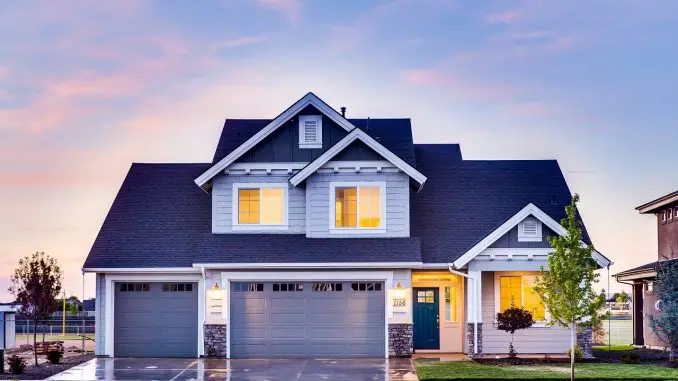
Do you want to save energy at home? Energy consumption has a huge negative effect on the climate and earth as energy often requires carbon dioxide to be produced.
The good news is that there are a lot of easy and effective ways you can reduce your energy consumption at home. In this post, we share our top tips for reducing your energy consumption in your home.
- Turn off devices or put them in standby mode
Save electricity by turning off unused lamps, unplugging chargers when not in use, and turning off appliances instead of having them in standby mode. Devices in standby mode use electricity unnecessarily. This applies to the TV and all devices with remote control, computers, and battery chargers, pull out the mobile charger when not in use. Use a branch switch with a switch that turns off when the appliances are not in use.
- Replace old lamps with LEDs and low-energy lamps.
Modern LED lights require much less energy than old lamps. Therefore, replace lightbulbs for new, low-energy lights.
- Reduce the heat
Lower the heat and put on some more clothes instead. Lowering one degree can reduce energy use by as much as five percent.
- Reduce washing temperature?
Wash at 30 or 40 degrees instead of 60 degrees. This will halve your energy consumption. Quite a substantial reduction in energy consumption.
- Reduce hot water consumption
Save on the hot water, for example by using flushing tap nozzles in the kitchen and bathroom.
- Use a kettle to boil water. It saves energy – and goes fast!
Furthermore, if you cook food with the lid on the saucepan, you use a third as much energy as with a saucepan without a lid.
- Change shower nozzle
With a flushing shower nozzle, you save on hot water. How often and how long you shower also affects energy use. Take the habit of turning off the water when you soap yourself, for example!
- Use a dishwasher
Did you know that you save energy by washing in a dishwasher instead of washing by hand? But remember to run full machines! Centrifuge the laundry at high speed so the laundry dries much faster.
- Seal windows and doors
Seal around windows and doors with new sealing strips to keep the heat inside and reduce energy consumption.
- Heating
If you reduce the indoor temperature by one degree, the heating cost will be reduced by five percent. Increase the efficiency of the elements by moving furniture that prevents heat.
- Food storage
Refrigerators and freezers are real energy extinguishers because they are on a constant basis. It is worthwhile to buy energy-efficient A-class in exchange. The proper temperature in the freezer (-18 degrees) and refrigerator (approx. +5) and evaporated back keeps energy consumption low.
- Electricity
The electricity generation has major environmental consequences due to the energy it requires. By choosing electricity that is produced with renewable energy sources such as wind power and hydropower, such as Good Environmental Choice electricity, you can make a contribution to the environment. Review your electricity contract and select an electricity supplier actively, so you can reduce both costs and the environmental impact. If you live in a house and heat it with electricity or oil – consider changing. The connection to district heating, installation of pellet systems, or heat pump often pays off and gives a great environmental benefit. Supplement with solar heating.
More tips for saving electricity
Want to do more? Here are tips on major measures that save electricity:
- Add insulation and change to more modern windows in your home.
- Do you have old appliances? Replace these with new ones and choose the best energy class!
- Replace fossil heat and electricity with renewable energy, such as geothermal heat, solar, wind, or hydropower.
- Start producing your own renewable energy through your own solar cells and wind turbines – or become co-owners of solar and wind turbines.
Leave a Reply